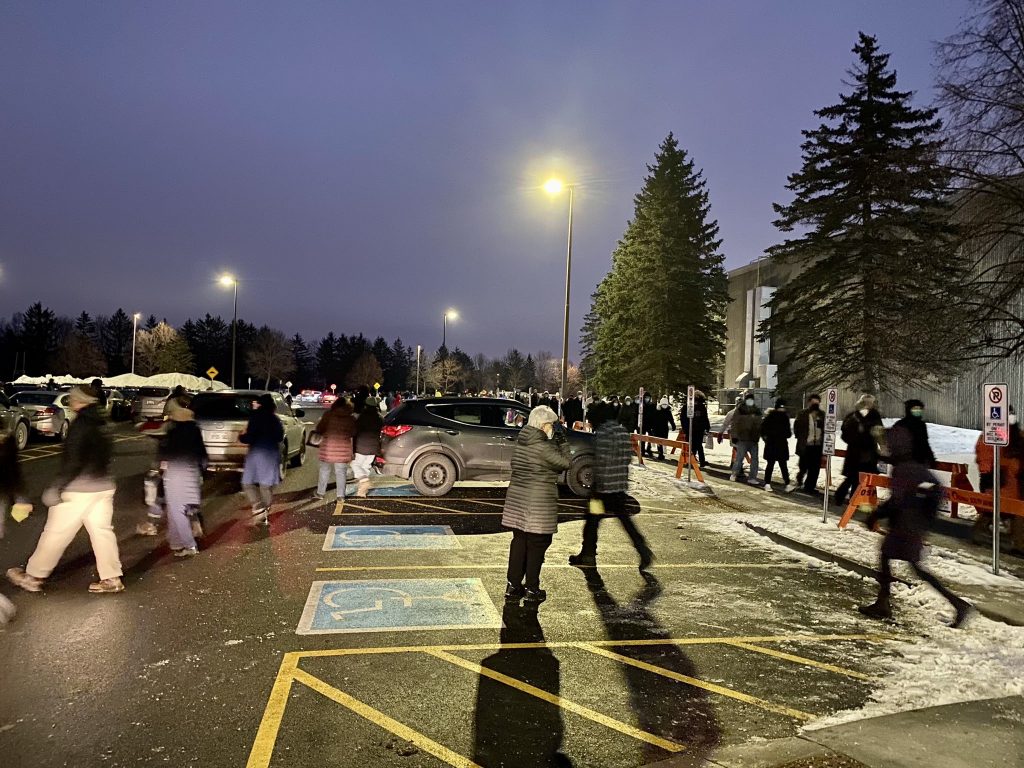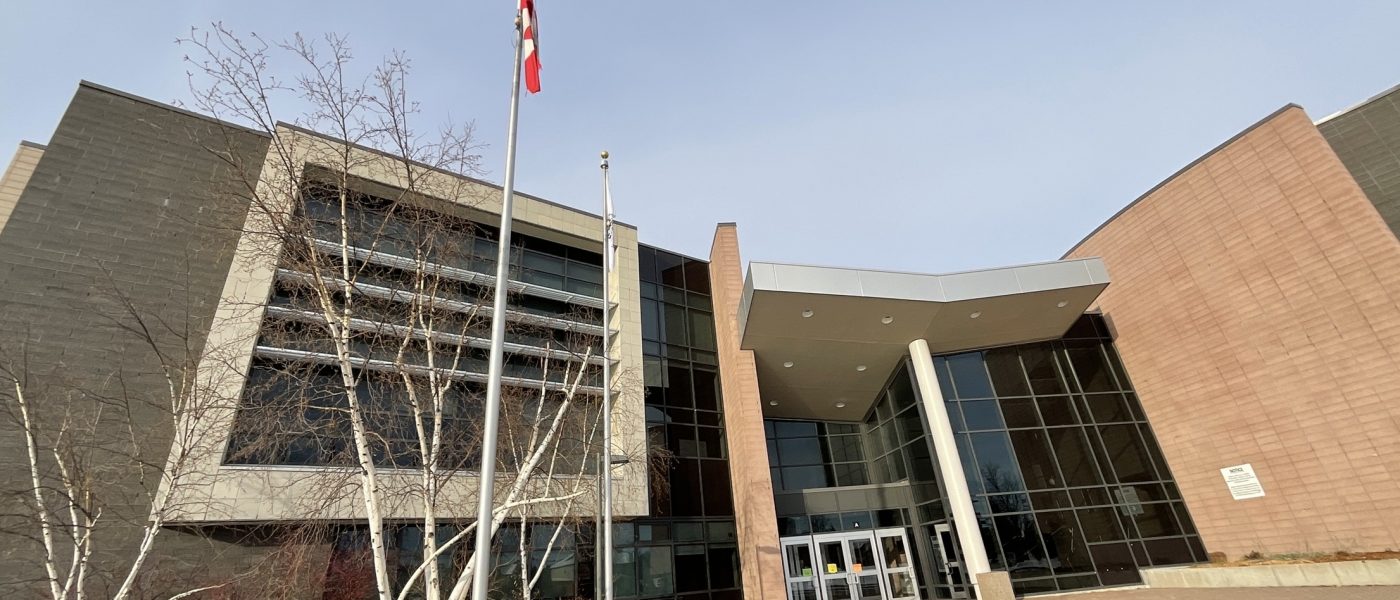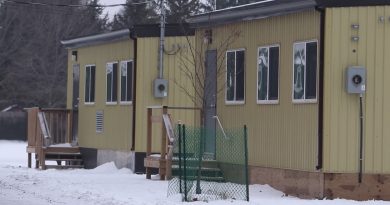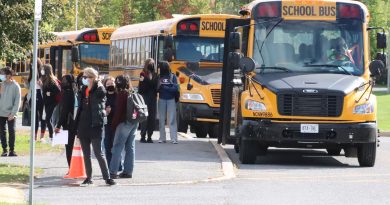Back to Class as Omicron Spreads; Changes to Isolation Rules in The Province
By Charlie Senack, Barrhaven Independent
Despite COVID-19 cases climbing to levels never seen before, schools in Ontario will reopen next week.
On Dec. 30, Ontario’s Chief Medical Officer, Dr. Kieran Moore, announced that schools would re-open for in-person learning on January 5, two days after initially planned.
“The Children’s Health Coalition – representing Ontario’s children’s hospitals, mental health agencies and rehabilitation centres – has emphasized that in-person education is critical to the mental health, development and well-being of children and youth,” the government said.
A letter signed by over 500 Ontario Doctors urged the province to re-open schools following the winter break, citing mental health concerns. This despite many other Canadian provinces keeping their schools closed for at least an additional week.
Dr. Moore said that schools in Ontario are safe, and credits rapid tests sent home with school-aged children before the winter break as an added layer of protection. Teachers and licensed child-care staff will be provided non-fitted N95 masks, and extra HEPA filters will be added.
A pause is also being put on music classes and high-risk sports, according to Moore.
Despite school doors reopening in less than a week, some parents have opted to keep their kids home instead, at least for a few weeks.
Other Restrictions
All businesses can stay open, but enhanced capacity limits are coming to some settings. All event centres, including arenas, will have their capacity limited to 50 per cent or 1,000 people — whichever is lower. Other indoor settings such as: personal care settings, gyms, and restaurants, already have a 50 per cent capacity limit.
In Barrhaven, Broadways Bar and Grill has decided to close for indoor dining until at least January 10. The owners said on Facebook: “Due to staff availability, and the health and safety of our staff and patrons, we will be offering take out services, with no indoor dining starting Dec. 30.”
It comes after the Heart and Crown closed all their restaurants last week due to COVID-19 infections.
The Barrhaven Beer Store on Fallowfield Rd was also forced to close after a staff member tested positive. They have since re-opened.
Changes to Testing
As of Friday, PCR testing, which was already in short supply, will only be provided to high risk individuals, essential workers, and residents inside long-term care and retirement homes. Rapid tests will also be kept for high-risk settings.
“We cannot at present test everyone who wants one, I’m sorry we don’t have that capacity, we never actually did, nor does any country,” Moore said. “We must preserve these resources for those who need them the most.”
On Thursday morning, hundreds lined up outside of the Walter Baker Centre to score a box of rapid tests. People started arriving as early as 4:00 am, and over 1,000 testing kits were distributed. Because of the large line, the kits were handed out shortly after 6:30 am and were gone within half an hour. It’s expected to be a similar situation tomorrow for the final round of distributing rapid tests in the community.

Changes to Isolation
Ontario has followed suit in changing isolation guidelines, after the United States already revised their guidelines a few days ago.
The controversial decision will mean fully vaccinated individuals will only have to isolate for five days, if they have no symptoms. The unvaccinated, partially vaccinated or immunocompromised will be required to isolate for 10 days.
It comes after Ontario broke a record-high for new cases on Thursday, when 13,807 infections were reported. That same day Ottawa reported 683 new cases, according to Ontario Health. Ottawa Public Health reported a higher number of 771 new cases that same day. In reality, the number is expected to be much higher.
Ontario also currently has a test positivity rate of 30.5 per cent, which is also expected to be higher in reality.
For the first time the test positivity rate average has exceeded 10,000, and is on pace to double roughly every five days.
At the Queensway Carleton Hospital in Ottawa, they have declared a “Code Orange” after over 40 staff members have tested positive for COVID-19. As a result, services in ambulatory care, therapeutic services, Endo/Cycto and other areas, have been slowed down, so that staff can be redeployed. Operations are only being given to emergency situations and cancer patients.
It comes after a large outbreak was reported within the Ottawa Paramedic Service, which climbed to over 50 cases. The outbreak was linked to an off-duty social event at a downtown restaurant on Dec. 15.
On Tuesday, Ottawa deemed “level zero” after no paramedic crews were available to respond to 911 calls. Ambulances from Cornwall were seen in the Barrhaven area.
Ontario has announced that fourth doses of mRNA vaccines will be made available to residents of long-term care and retirement homes, if at least three months have past since their last dose.
Third dose boosters will be mandated for all staff, students, volunteers, caregivers and support workers by Jan. 28. These care home settings are currently not allowing visitors due to the COVID-19 surge, but when that ban is lifted, these rules will also apply to them. Essential caregivers are still allowed to visit.






